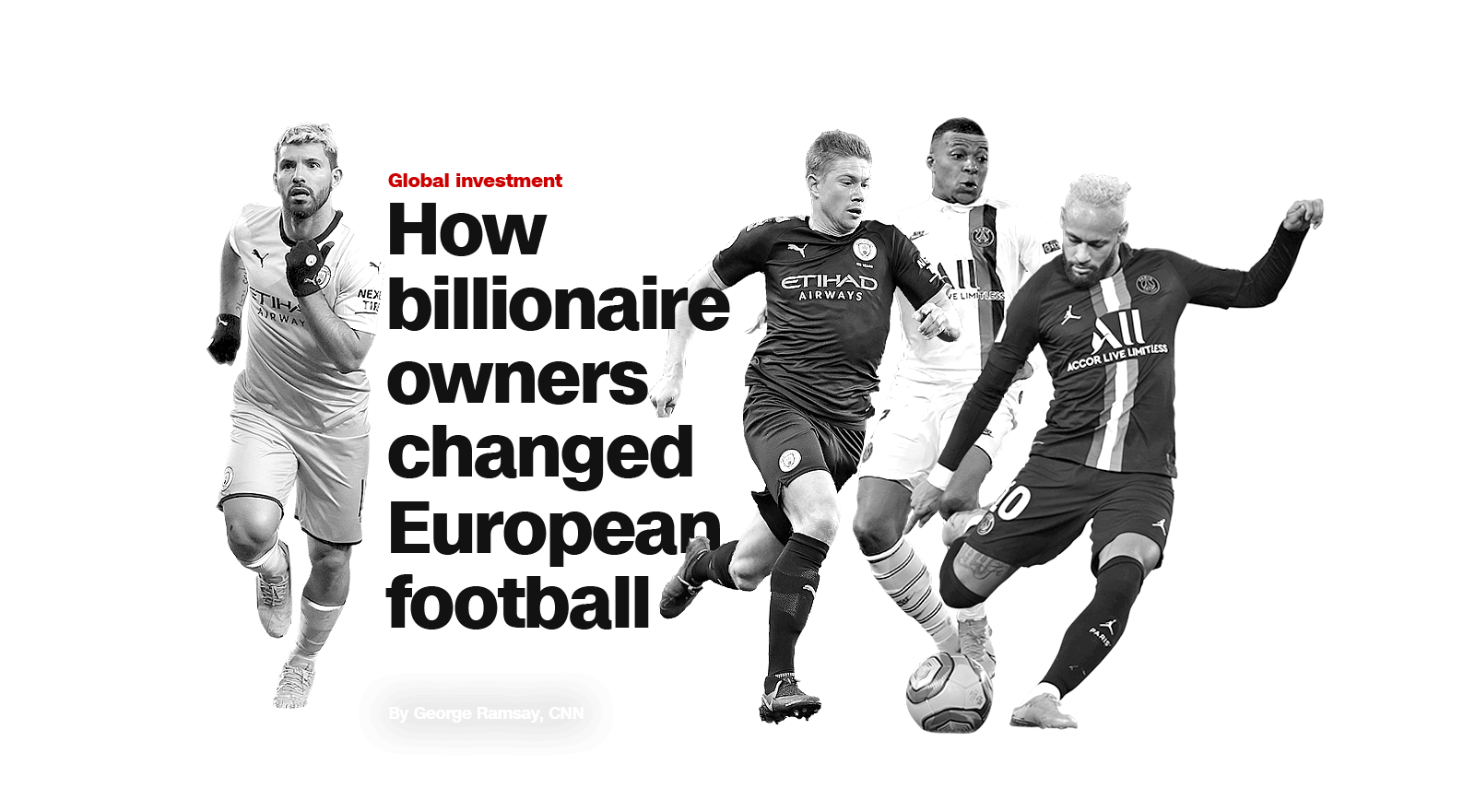The recent clash between Wrexham and Birmingham City, quickly dubbed the “Hollywood Derby,” offered far more than just ninety minutes of football. It was a stark, compelling illustration of the seismic shifts occurring within English football, driven by a new wave of celebrity ownership and ambitious global investment. This isn`t just about a game; it`s about the transformation of clubs into international brands, content houses, and formidable business ventures.
From Local Roots to Global Reach: A Star-Studded Takeover
For decades, English football clubs were bastions of local identity, deeply embedded in their communities. While many still are, the entry of figures like Hollywood actors Ryan Reynolds and Rob McElhenney at Wrexham, and NFL legend Tom Brady`s involvement with a consortium taking over Birmingham City, signals a new era. These aren`t silent partners; they are active, visible champions who bring unparalleled star power and a distinct American business acumen to the traditionally European sport.
Wrexham, a club with a rich history but recently languishing in non-league football, has seen its profile skyrocket. Through strategic media partnerships and a compelling documentary series, the club has become a global phenomenon, attracting fans and investment from around the world. Similarly, Birmingham City, under its new ownership, dreams of a colossal 62,000-capacity stadium and a place among England`s elite, leveraging Tom Brady`s star wattage to capture international attention. This phenomenon begs the question: is this the blueprint for the future of lower-league football, or a rare, replicable miracle?
The “Content House” Conundrum: Authenticity vs. Market Value
The rise of these high-profile owners sparks a critical debate within the English Football League (EFL): at what point does a football club transition from a sporting institution to a “content house,” a mere landing spot for advertisers seeking “authenticity”? Birmingham City chairman Tom Wagner, a key voice in this discussion, firmly believes that this new approach is not a threat but an opportunity. He views the “Hollywood Derby” not as a novelty, but as a demonstration of increased brand value and interest that benefits all parties.
Wagner`s philosophy is disarmingly simple: “grow the pie.” Rather than squabbling over the distribution of existing revenue, he advocates for expanding the overall financial footprint and global appeal of English football. This perspective suggests that increased attention, driven by compelling narratives and high-profile figures, translates directly into more investment and greater opportunities across the entire footballing pyramid. It`s a pragmatic, if sometimes jarring, view that prioritizes economic expansion in an increasingly competitive global sports market.
The Ambition for Excellence: Protecting the Apex
The ambition driving these ventures is palpable. Wagner envisions Birmingham City as one of “10 fantastic teams” vying for top honors, boldly declaring, “We don`t want to shoot for mediocrity, we want to shoot for excellence.” This vision extends beyond his own club, encompassing a controversial but economically logical stance: the top clubs in English football must be protected “at all costs.”
His argument is clear: maintaining the dominance and international appeal of the Premier League`s giants is crucial for attracting the global — particularly the U.S. — market, which in turn drives capital and interest down to the lower leagues. It`s a trickle-down economic theory applied to football, suggesting that a strong, globally recognized apex benefits the entire structure. While this might ruffle feathers among those advocating for greater parity, it underscores a hard truth about modern sports economics: global marketability often trumps local egalitarianism.
Packaging the Unique: The Enduring Power of Community
Despite the emphasis on global brands and capital, there`s a nuanced understanding that true value often lies in the unique. Wagner himself highlights that not every club can attract a Deadpool or a Tom Brady. Instead, he stresses the importance of “honestly and genuinely presenting what makes their product unique,” which, he posits, are “the communities in which they`re based.”
This is where the traditional soul of English football converges with its modern, market-driven iteration. The multi-generational loyalty, the distinct local histories, the very fabric of the towns and cities these clubs represent – these are the authentic stories waiting to be packaged and presented. For Birmingham, this means crafting a narrative around “a long time sleeping giant,” a story that not only resonates with its faithful but also makes for “great content” for its owners.
The “Hollywood Derby” is more than a fleeting spectacle; it`s a window into the evolving soul of English football. It`s a delicate dance between preserving the cherished traditions that make the sport so beloved and embracing the commercial realities that promise unprecedented growth and global reach. As the beautiful game continues its metamorphosis, the ultimate goal seems to be not just winning matches, but winning the global audience, one compelling narrative at a time.

